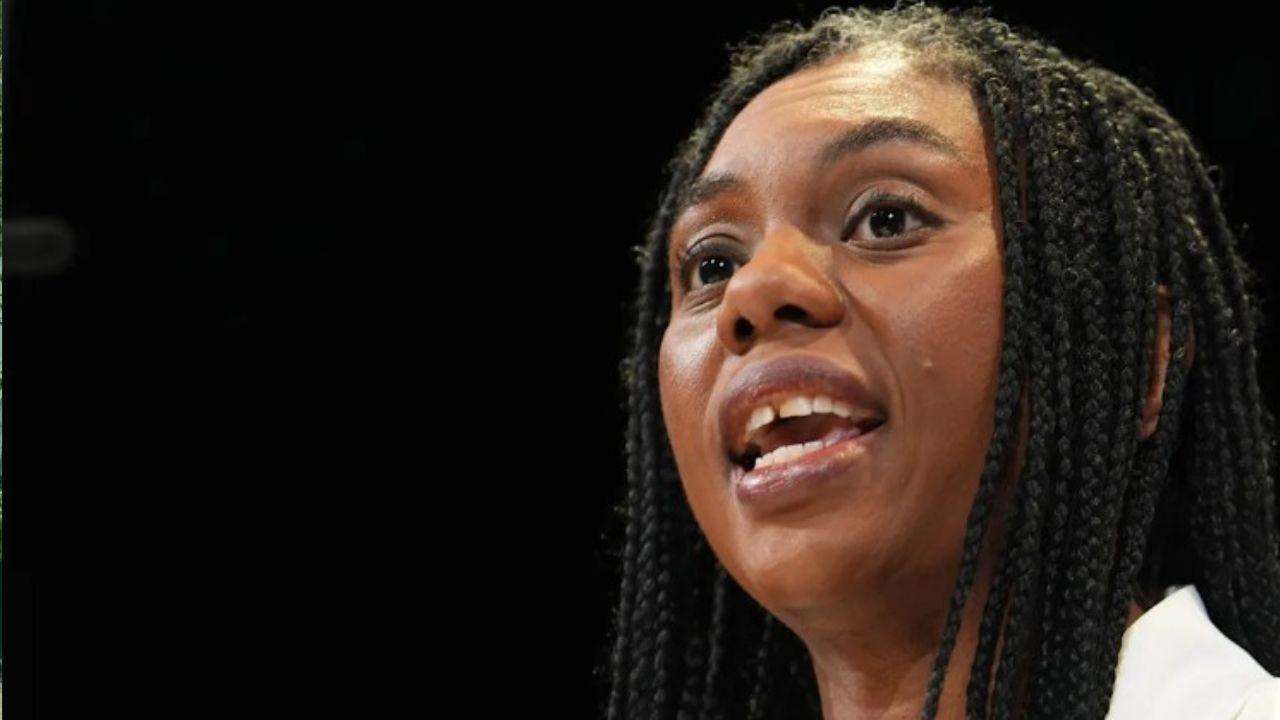A recent study conducted by the Institute for the Impact of Faith in Life (IIFL) has revealed a significant trend among British Muslims: a majority identify primarily with their religious faith rather than their national identity. This finding has sparked discussions about integration, identity, and the complex relationship between religion and belonging in contemporary Britain.
The IIFL study, which surveyed a diverse cross-section of British Muslim communities, indicates that for many, religious identity serves as a central pillar of their self-understanding. Participants cited various factors contributing to this prioritization, including:
A Sense of Community: For many British Muslims, their faith-based communities provide a strong sense of belonging and support. This is particularly notable within the British Bangladeshi community, where mosques and community centers often serve as vital social hubs.
Religious Values: Islamic teachings and values play a significant role in shaping their worldview and daily lives. For many British Bangladeshi Muslims, cultural traditions intertwined with religious practices reinforce these values.
Perceptions of Discrimination: Some respondents expressed feelings of marginalization or discrimination, leading them to find greater solidarity within their religious community. This sentiment was echoed by some within the British Bangladeshi population, who have historically faced challenges related to socio-economic disparities and prejudice.
The study also highlighted the nuance within the British Muslim population. While religious identity is prominent, many individuals maintain a strong sense of Britishness, navigating a dual identity. However, the research suggests that feelings of exclusion can strengthen the bonds of religious identity. Within the British Bangladeshi community, this duality is often expressed through a strong attachment to both their cultural heritage and their British citizenship.
The findings have generated varied responses. Some commentators emphasize the importance of fostering greater inclusivity and understanding to bridge potential divides. Others stress the need to acknowledge and respect the diverse identities within British society.
"It's crucial to understand that prioritizing religious identity doesn't necessarily equate to a rejection of Britishness," says a representative from the IIFL. "Rather, it reflects the complex ways in which individuals negotiate their sense of belonging in a multicultural society. Especially within communities like the British Bangladeshi one, faith and culture are deeply interconnected, and understanding this is vital for fostering better integration."
The study raises important questions about the future of integration and the need for open dialogue about identity and belonging. As Britain continues to grapple with its diverse population, understanding the factors that shape individual identities is paramount.








.svg)


